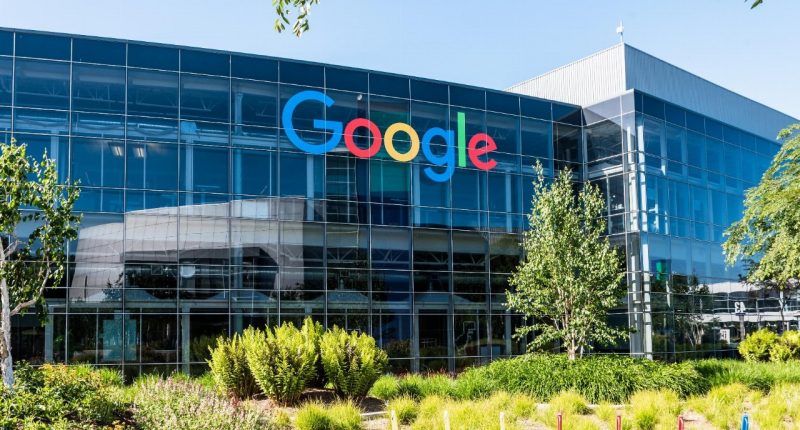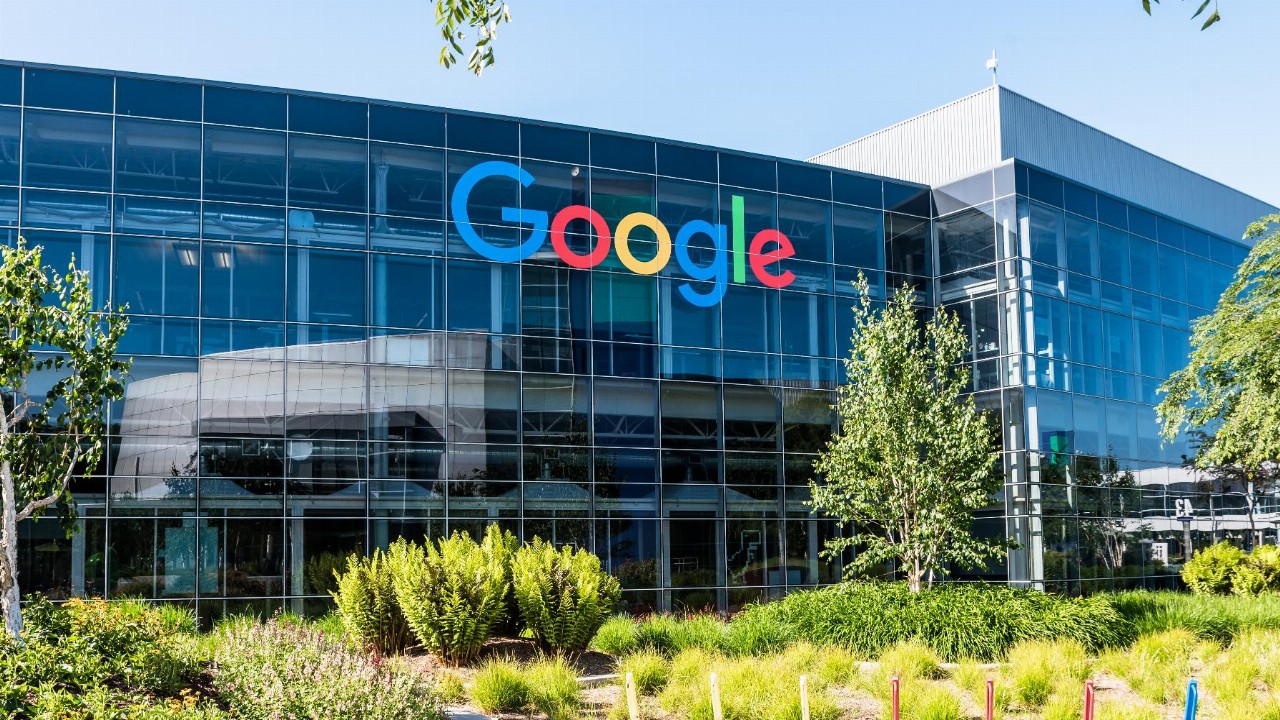- The U.S. government has asked Australia to do away with the proposed laws to make Facebook and Google pay local media outlets for news content
- The laws are currently before a senate committee, and would subject the tech giants to mandatory price arbitration if a commercial agreement on payments cannot be achieved
- U.S. trade representatives Daniel Bahar and Karl Ehlers are now pushing Australia to instead “further study the markets, and if appropriate, develop a voluntary code”
- However, Australian Treasurer Josh Frydenberg said the government “is committed to proceeding with a mandatory code”
- A recent review by the ACCC found that for every $100 of online advertising spending, $53 currently goes to Google while $28 goes to Facebook and $19 goes to other media companies
The U.S. government has asked Australia to do away with the proposed laws to make Facebook and Google pay local media outlets for news content.
Having already garnered broad political support, the laws are currently before a senate committee, and would subject the tech giants to mandatory price arbitration if a commercial agreement on payments cannot be achieved.
As an alternative to establishing new legislation, U.S. trade representatives Daniel Bahar and Karl Ehlers are pushing Australia to instead “further study the markets, and if appropriate, develop a voluntary code.”
“The U.S. Government is concerned that an attempt, through legislation, to regulate the competitive positions of specific players … to the clear detriment of two U.S. firms, may result in harmful outcomes,” the document said under the letterhead of the Executive Office of the President.
Such a move might also “raise concerns with respect to Australia’s international trade obligations,” it added.
The proposed laws were unveiled last month following an investigation, which found that the U.S. companies held too much market power within the media sector, thereby presenting a potential threat to a well-functioning democracy.
In response, Australian Treasurer Josh Frydenberg said the government “is committed to proceeding with a mandatory code” that would see to “the bargaining power imbalances with digital platforms and media companies.”
The code followed an 18-month review by the Chairman of the Australian Competition and Consumer Commission (ACCC), as well as “extensive consultation” that included views from both Facebook and Google, Frydenberg noted.
It found that for every $100 of online advertising spending, $53 currently goes to Google while $28 goes to Facebook and $19 goes to other media companies.
Extensive lobbying from the companies has sought to scrap the proposed laws, which they deem unfair, and they have even gone so far as to suggest that they may be force to limit their services in Australia.







